Fighting the Information War in the Middle East, One Case at a Time

The Islamist terrorist armies – Hamas, Hizbullah, Ansarallah (the Houthis) – and their backers are not able to win wars against the US allies in the Middle East. But they are able to win information campaigns. In so doing, they can influence and prepare Middle Eastern publics for future rounds of conflict. The Arabic media […]
Look to Middle Eastern Diasporas for Figures to Inspire Change
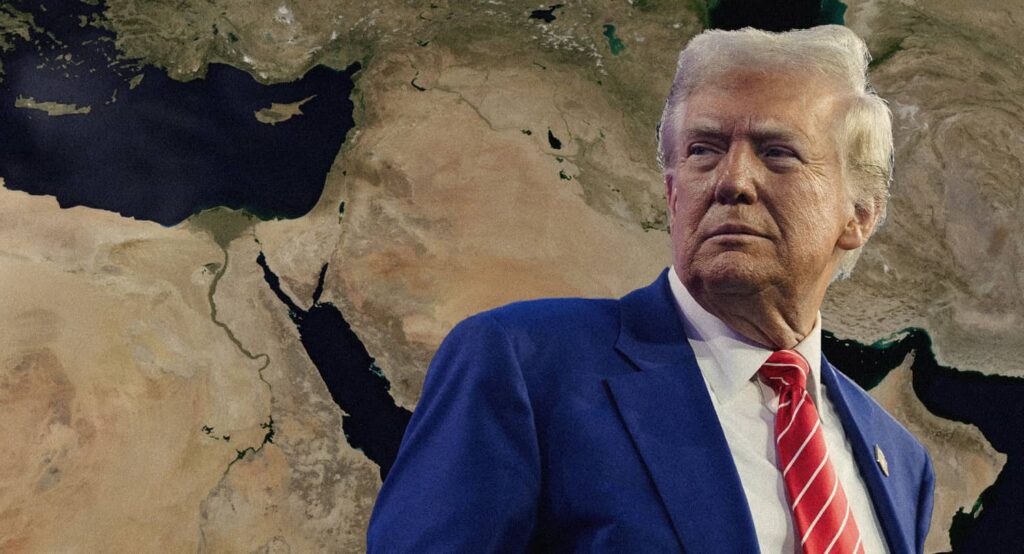
The Middle East presents a formidable array of challenges and opportunities for President-elect Trump, with the Iran nuclear issue emerging as the most perilous and complex threat to both regional stability and US interests. Iran’s nuclear ambitions and its potential to destabilize the balance of power overshadow other crises, including the ongoing Israel-Gaza conflict, which […]
A Middle East Strategy for the Trump Administration Should Lead with Business Opportunities
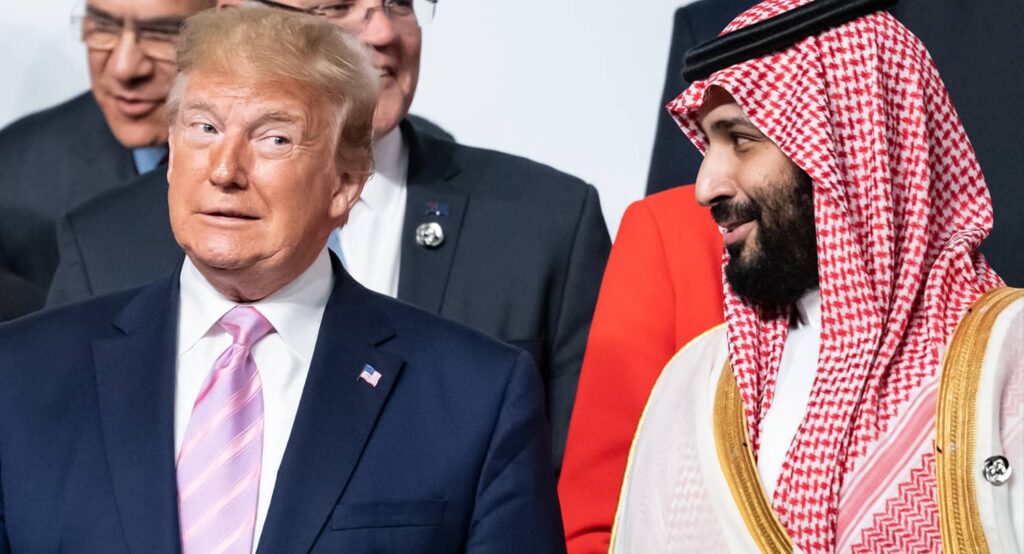
The Middle East that awaits a second Trump administration offers unusual opportunity. The US can double down on two major successes – Israel’s war against Iran’s proxy armies and the Abraham Accords peace deal – to expand its regional alliance. At the end of the first Trump administration, the Abraham Accords expanded the alliance at […]
Trump Administration Faces a Suddenly Promising Middle East

BACKGROUND The second Trump administration will face immediate foreign policy dilemmas in all three Eurasian fronts. This paper concentrates on the Middle East, but the competing demands of Europe and East Asia, and the links among all of them, influence decisions everywhere. The dramatic events of the past year open the door to a regional […]
The Impact of Trump’s Election on The Middle East

The landslide election of Donald Trump’s holds out real promise of encouraging peace in the Middle East. Unlike President Biden, who demanded caution from Israel in exchange for providing arms, Trump seems to be sending a message that he will support Israel’s policy of preventing Iran from developing nuclear weapons, even if that requires military […]
What to Expect from a Harris Administration on Israel-Palestine and the Middle East
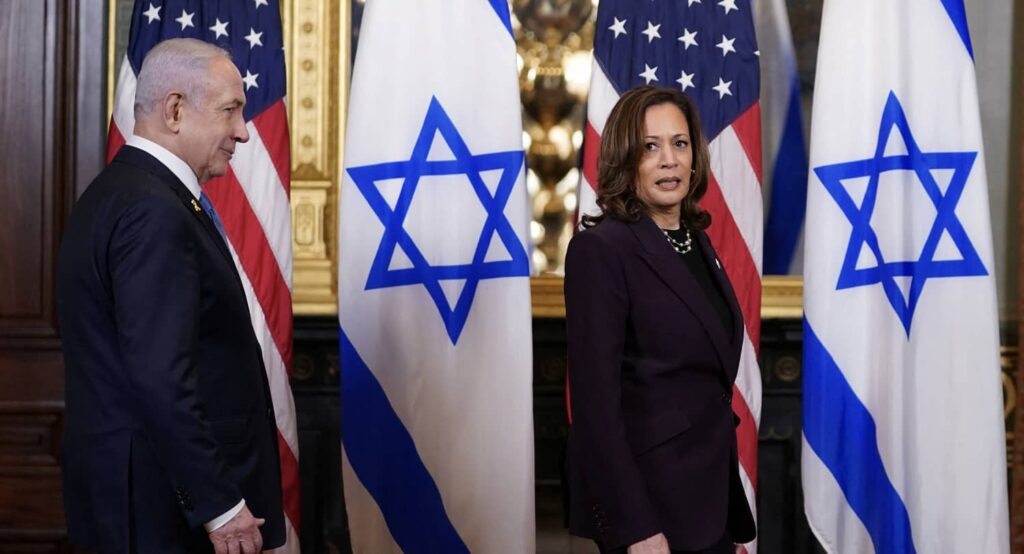
Should she beat Donald Trump in this November’s election, Kamala Harris would come into office with more foreign policy experience than most presidents. As vice president, she made 17 foreign trips, giving a high-profile speech at the Munich Security Conference and leading the US delegation to the 2023 climate summit in Dubai. She has met […]
The Failure of the “Economic Peace” Model in the Middle East

On September 26, 2021, Israel’s then Prime Minister Naftali Bennet took the podium at the UN General Assembly and laid out a grand vision for the Middle East. It was a modernist, advanced, technological future (as befitted Bennet, a former high-tech entrepreneur) in which Israel would play a major role – focused upon a world […]
The Danger of Failed States Surrounding Israel

Four months into the war in Gaza and the cafés in Tel Aviv are full. It’s nearly impossible to find a spot in trendy restaurants on weekends. Yet no one should be mistaken. Israel is not back to normal. A radio or television plays in the background of nearly every café and shop, and when […]
COP28 – A Missed Opportunity for Regional Climate Resilience
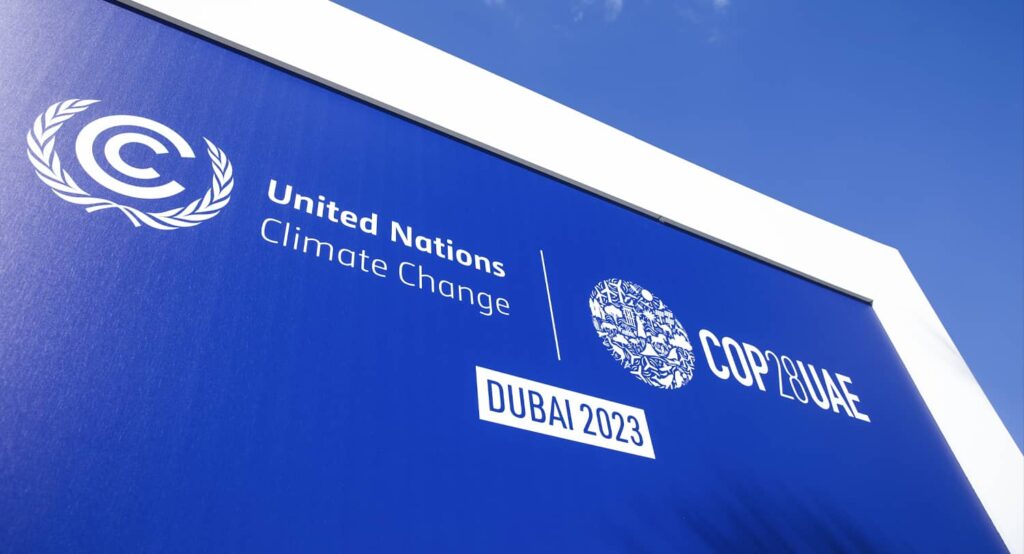
The United Nations Climate Change Conference or COP28 held in Dubai in December was going to be the largest summit in history, with over one hundred thousand participants expected. But that is not how it transpired. The turnout was significant, yet regional events negatively influenced attendance. About eighty-five thousand participants and leaders arrived according to […]
Egypt’s Economic Decay and its Implications
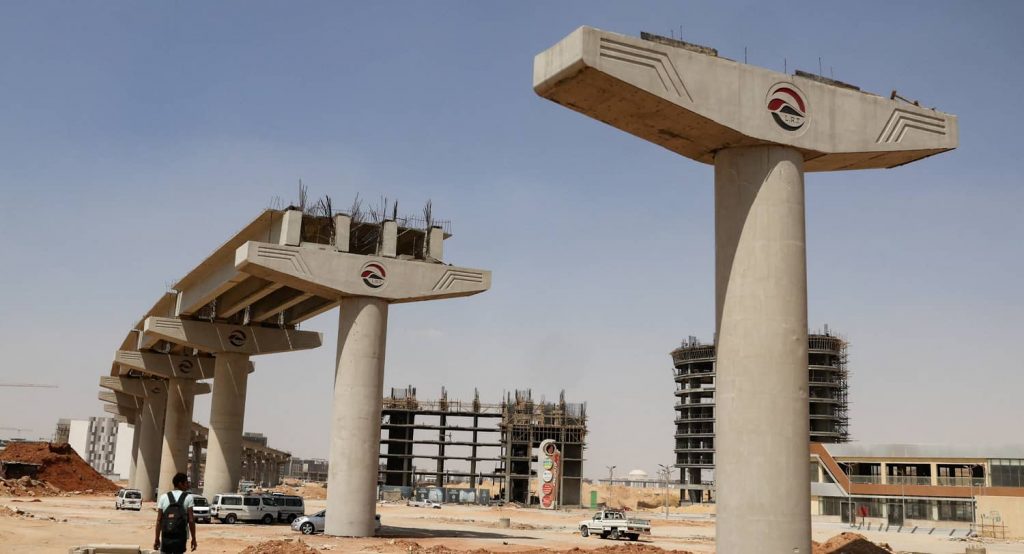
In the summer of 2013, Major-General Abdel Fatah el Sisi overthrew the Egyptian government and promised the people a renaissance. Instead, Egypt is decaying. The country has always been poor, but Egypt is now in the worst economic shape in a generation. Poverty and income inequality remain stubbornly high as Egyptians grapple with record inflation […]


